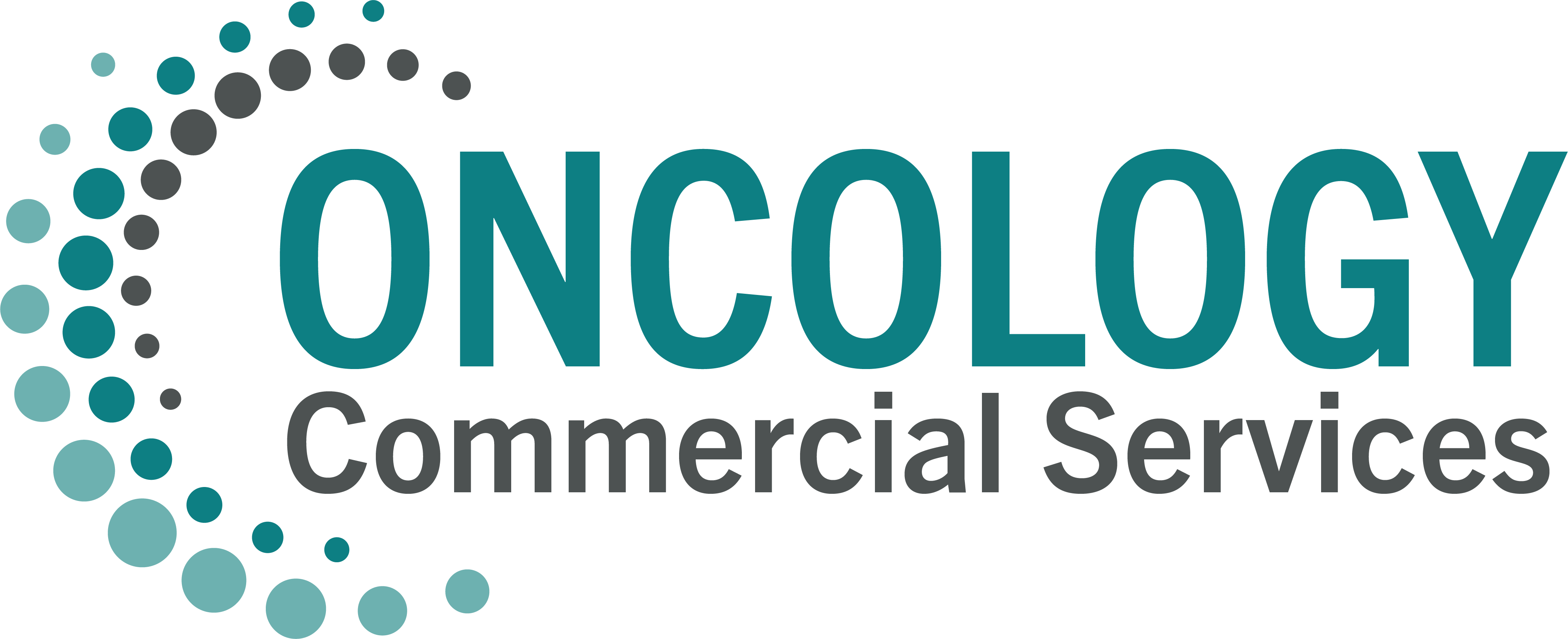GSK’s PD-1 drug Jemperli performs so well in the endometrial cancer RUBY study it might even get a chance to become the backbone treatment!
A couple of days ago (16th March 2024), GSK posted absolutely excellent data on their PD-1 drug Jemperli (dostarlimab) at a late-breaking plenary session at the Society of Gynecologic Oncology 2024 Annual Meeting on Women’s Cancer (16-18 March 2024). Topline results from the RUBY phase III study in primary advanced or recurrent endometrial cancer show that:
- Dostarlimab plus chemotherapy is the only immuno-oncology combination to show statistically significant and clinically meaningful overall survival (OS) in the overall population
- 31% reduction in risk of death and 16.4-month improvement in median OS observed with dostarlimab plus chemotherapy versus chemotherapy in the overall population
- 37% reduction in risk of disease progression or death and 6-month improvement in median progression-free survival observed with the addition of Zejula (niraparib) to dostarlimab maintenance following dostarlimab plus chemotherapy versus chemotherapy in MMRp/MSS population where treatment options are still needed
These results are very impressive and really good news for a condition that is physically and emotionally very challenging. Strategically, the study design is very instructive. It points to GSK wanting to make dostarlimab the backbone of treatment for endometrial cancer. And it looks like a very good backbone when you add the carboplatin-paclitaxel chemo regimen or a PARP inhibitor like niraparib. In a previous generation, it would have been convention to use the chemo regimen as the backbone instead. How roles have reversed! It shows how much our strategic thinking has changed. And it also shows courage. Courage to change the status quo when we hit the buffers.
Behind this excellent news are the great strides that GSK has made since returning back to oncology. Barely 10 years ago in 2014, GSK sold its entire oncology crown jewels to Novartis for $14 billion, in a move that says ”I surrender all”. 2 years later in 2016, GSK revisited that decision and courageously decided it ain’t too late to reverse that decision. One point I’d love to add to today’s news is that both dostarlimab and niraparib are the direct products of GSK’s $5 billion acquisition of Tesaro in 2018. At that time, I predicted that the GSK-Tesaro union would be a perfect marriage. 5 years on, this still looks pretty strong and growing stronger. Don’t you just love a happy marriage!
